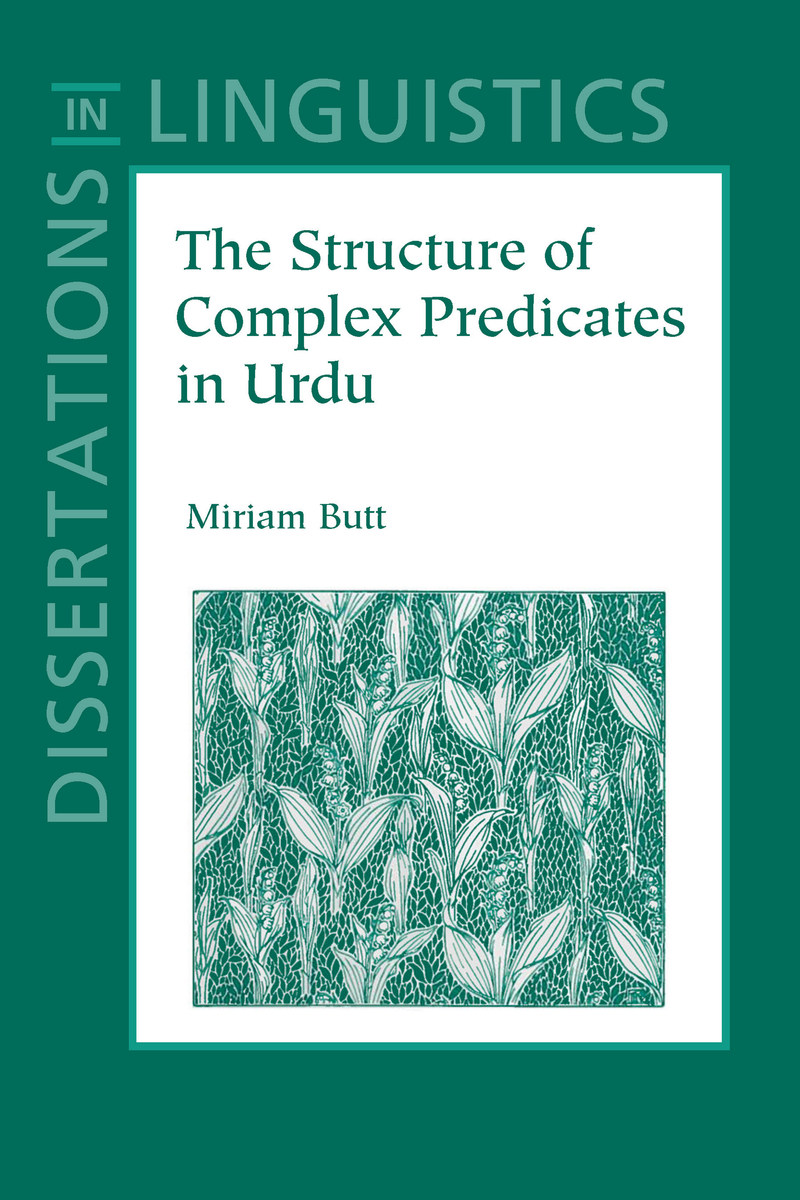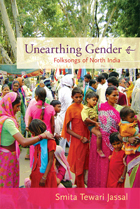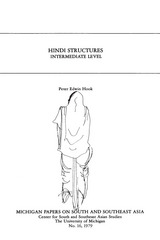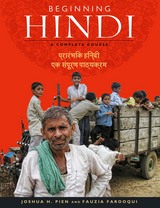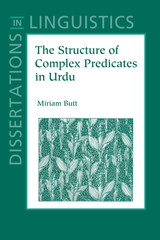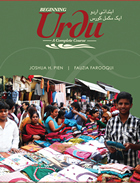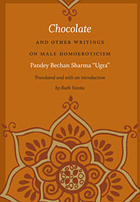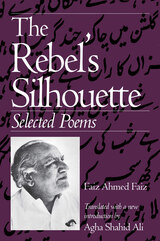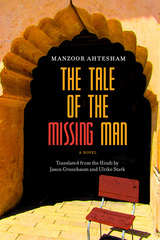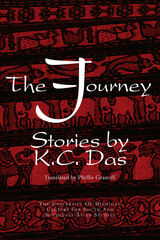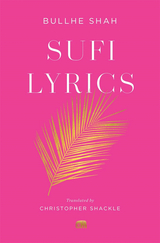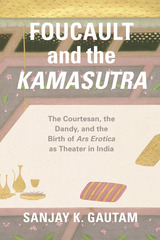The Structure of Complex Predicates in Urdu
CSLI, 1995
eISBN: 978-1-57586-990-2 | Cloth: 978-1-881526-59-9 | Paper: 978-1-881526-58-2
Library of Congress Classification PK1973.B87 1996
Dewey Decimal Classification 491.4395
eISBN: 978-1-57586-990-2 | Cloth: 978-1-881526-59-9 | Paper: 978-1-881526-58-2
Library of Congress Classification PK1973.B87 1996
Dewey Decimal Classification 491.4395
ABOUT THIS BOOK | AUTHOR BIOGRAPHY | TOC
ABOUT THIS BOOK
Complex predicates in a number of diverse languages present an interesting problem for formal linguistics as their overall semantics cannot be placed into a simple one-to-one correspondence with the syntactic or morphological pieces which form the complex predicate. A central issue in the investigation of complex predicates thus is the interaction between syntax and semantics.
This book takes a detailed look at two differing complex predicates in the South Asian language Urdu. The Urdu permissive in particular brings into focus the problem of the syntax-semantics mismatch. An examination of the syntactic properties of this complex predicate shows that it is formed by the combination of two semantic heads, but that this combination is not mirrored in the syntax in terms of any kind of syntactic or lexical incorporation.
This book takes a detailed look at two differing complex predicates in the South Asian language Urdu. The Urdu permissive in particular brings into focus the problem of the syntax-semantics mismatch. An examination of the syntactic properties of this complex predicate shows that it is formed by the combination of two semantic heads, but that this combination is not mirrored in the syntax in terms of any kind of syntactic or lexical incorporation.
See other books on: Butt, Miriam | Complex Predicates | Structure | Syntax | Verb
See other titles from CSLI
